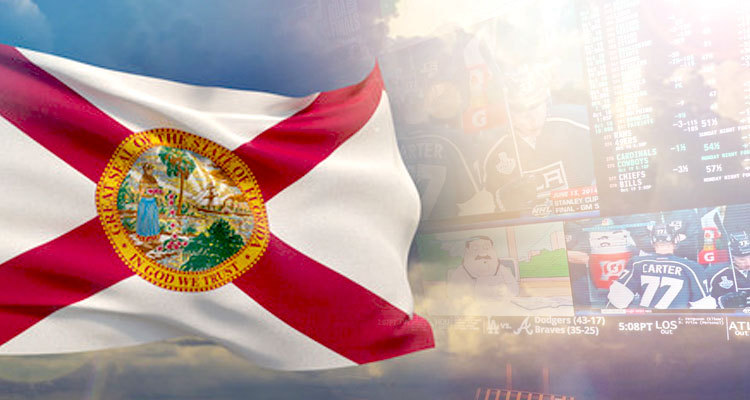Late last week, the 45-day federal consideration period for the new compact between the Seminole Tribe and the state of Florida came to close. The Department of the Interior allowed the gambling agreement to pass without action. The industry can now begin on October 15, though court battles are expected as opponents feel the compact is in violation of the state’s constitution.
The Department sent letters to the tribe and the state, showing they did not approve or deny the agreement. Without a decision, the compact is considered approved based on the Indian Gaming Regulatory act as well as Federal Law. The compact must still be published in the Federal Register. It is expected that will take place in the coming days.
Moving Forward
Sports betting has been in the works for quite some time in Florida. The compact was signed by Governor Ron DeSantis a few months ago and legislators decided to ratify it back in May. The Seminole Tribe is allowed to offer online and retail sports betting within its venues. Racetracks and jai-alai frontons have the option to offer online gambling as well, with servers located on tribal lands.

In exchange for exclusivity, the tribe will provide a minimum of $500 million in yearly payments from revenues generated over the next three decades. Several big gaming companies helped push the effort to fruition including DraftKings, FanDuel, and even the Las Vegas Sands. As much as $37 million was provided towards ballot initiatives to see sports betting become a reality in Florida.
Problems Remain
While the approval is the first step in the process of bringing sports betting to the state, there are still issues to contend with. Right now, there is a lawsuit pending in federal court regarding the validity of the compact. Two ballot initiatives are also on the table to try and stop the Seminole Tribe from having a monopoly within the new sports betting market as well as stop an impending expansion of casino games within tribal gaming venues.
West Flager Associates and Bonita-Fort Myers Corporation are the two groups listed in a lawsuit filed against the compact. The lawsuit alleges that the section of the agreement that allows sports betting outside tribal lands violates the Indian Gaming Regulatory Act. The suit also claims the compact violates the Wire Act of 1961 and the Unlawful Internet Gaming Enforcement Act.
Opponents suggest that the compact is unconstitutional in the fact that online gambling will be allowed throughout Florida, with servers located on tribal lands, where the transactions will be completed. This setup was created to bypass state and federal laws.
Opponents say this is an expansion of gambling and Amendment 3, which was passed into law a few years ago by state voters, says that any expansion of gambling must first be approved by the public via a voter referendum.



